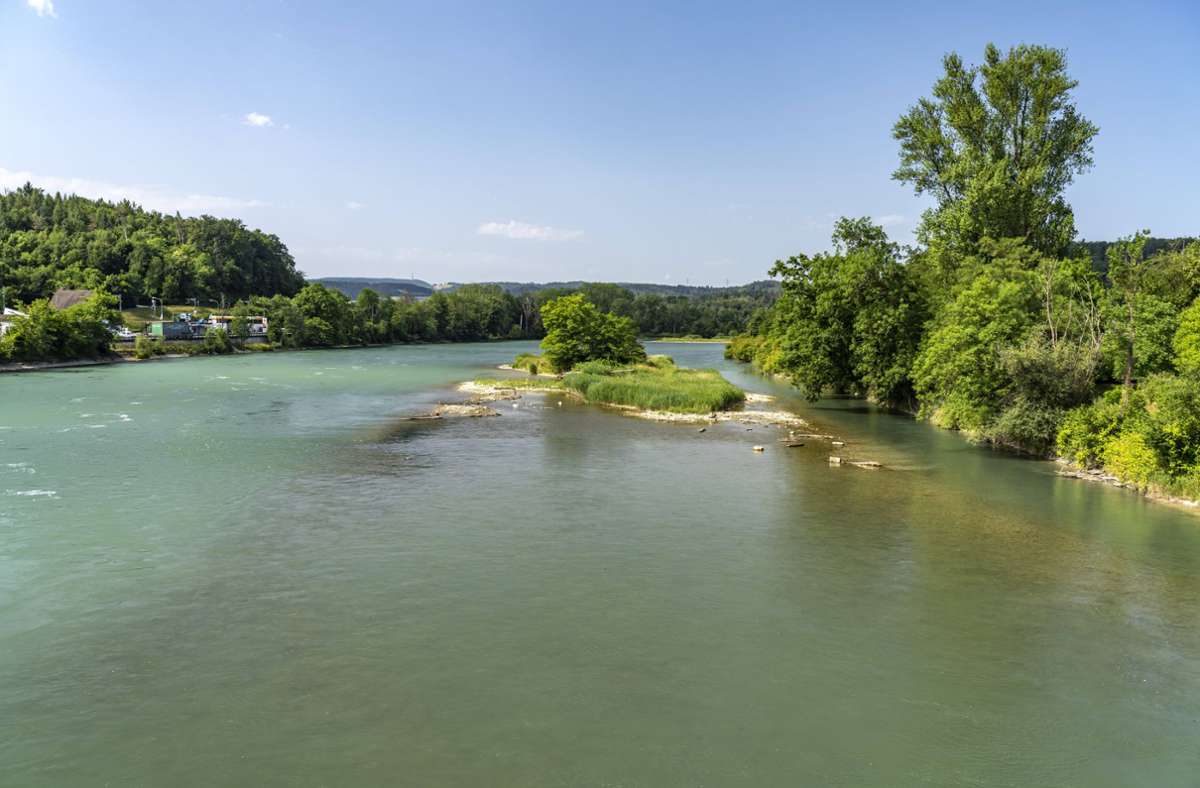–
—
The extremely low water in the Rhine could shift traffic, warns a transport politician from the FDP. What dangers he sees and how one of the largest refineries in the country expresses itself.
–
From the point of view of the FDP transport politician Christian Jung, the sometimes record-breaking low water on the Rhine could also affect rail traffic. When the water level is as low as it is these days, shipping is no longer possible in some places. “The power plants on the Rhine and the MiRO oil refinery in Karlsruhe are literally running dry,” said Jung on Friday. Where possible, deliveries must be made by train. “Due to the completely undersized rail infrastructure, this leads to significant delays or even cancellations in long-distance and local transport,” warned the opposition politician. Truck traffic could also increase.
The Mineraloelraffinerie Oberrhein (MiRO) in Karlsruhe, which claims to be Germany’s largest refinery, sees no problems at the moment. The 14 million tons of crude oil annually would come almost entirely via a pipeline from Italy to Karlsruhe – currently completely undisturbed, said a spokeswoman. However, for the shareholders – Phillips 66, Esso, Rosneft and Shell – the removal of the processed products is more difficult.
Last year, 61 percent of products such as petrol, diesel, heating oil, propylene and bitumen were transported by road, 23 percent by ship and 14 percent by rail. “There is currently a trend towards fewer ships and more roads,” said the spokeswoman, referring to the low water.
–


